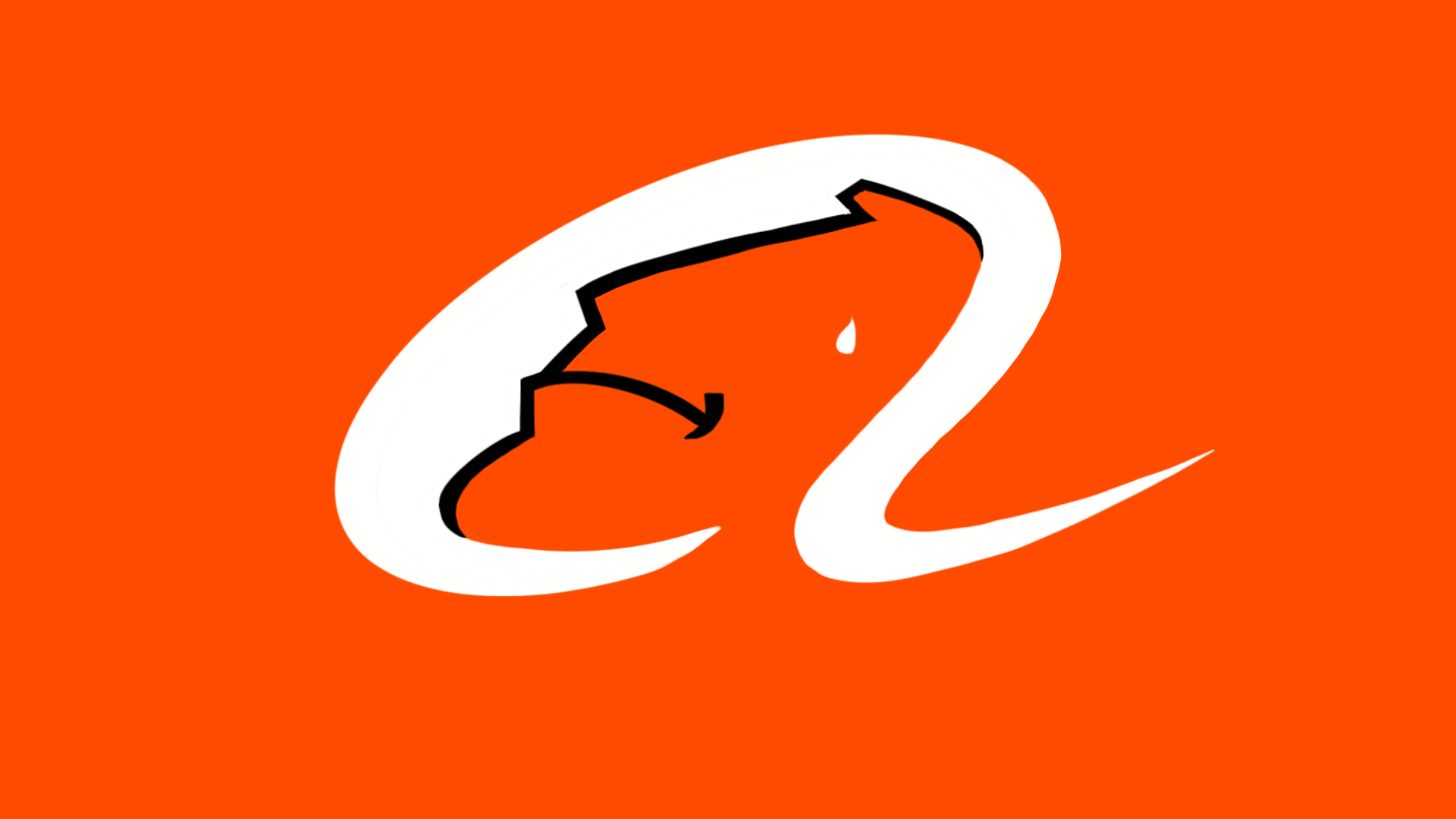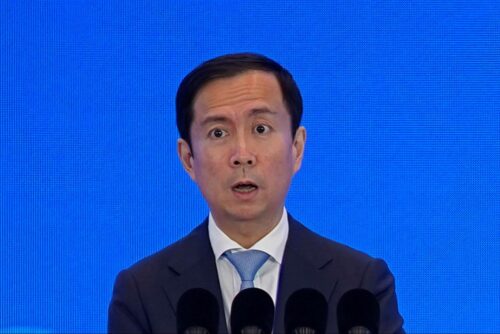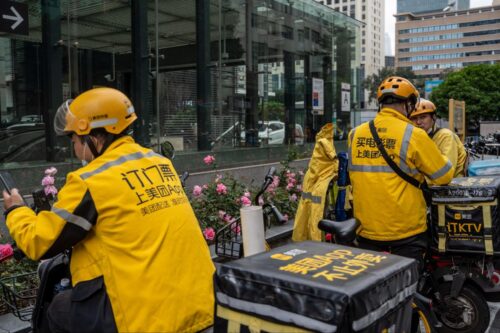Alibaba fined $2.8 billion in landmark antitrust case
In a major escalation of its crackdown on Big Tech, the Chinese government went after ecommerce giant Alibaba for abusing its market position. Many Chinese people cheered.

On Saturday, Chinese authorities fined Alibaba $2.8 billion after an antitrust investigation. The probe, which began in December of last year (in Chinese), was the latest installment in a government crackdown on China’s tech platform monopolies, what the People’s Daily referred to (in Chinese) as “the disorderly expansion of capital.” (The term was previously used in a Politburo meeting on antitrust regulation led by Xí Jìnpíng 习近平 late last year).
The penalty was the largest sum in a Chinese antitrust case to date, almost triple the previous record of $1 billion paid by U.S. chipmaker Qualcomm in 2015. Yet at 4% of Alibaba’s 2019 yearly earnings according to the regulatory agency, it is well within China’s new antitrust provisions (in Chinese) that require fines to be “greater than 1% but less than 10% of annual sales.”
“We accept the penalty with sincerity and will ensure our compliance with determination,” said Alibaba in a statement (in Chinese) on the same day. The company struck an even more conciliatory tone in a subsequent letter (in Chinese) to customers, where it referred to the regulator’s decision as “a wake-up call” and “a sign of solicitude” for the industry’s future development.
Despite the hefty sum, the action — led by China’s regulatory watchdog known as the State Administration of Market Regulation (SAMR) — is more symbolic than substantive. Alibaba still retains a dominant ecommerce empire that includes not just online retail, but logistics, groceries, entertainment, social media, travel booking, live-streaming, and much else. In 2019, the company accounted for more than half of all online retail purchases in China. Alibaba and its founder Jack Ma (马云 Mǎ Yún) also effectively control Ant Group, which along with Tencent’s fintech companies forms a near duopoly of China’s mobile payments and consumer fintech sector.
“Alibaba today is not just an online commerce company,” wrote Zēng Míng 曾鸣, Chairman of the Academic Council of Alibaba Group, in 2018. “Alibaba does what Amazon, eBay, PayPal, Google, FedEx, wholesalers, and a good portion of manufacturers do in the United States, with a healthy helping of financial services for garnish.”
Even though the fine does not reduce Alibaba’s market share, it does empower competitors such as JD, China’s second largest e-commerce player, and Pinduoduo, an up-and-coming star, to cry foul the next time Alibaba bullies its merchants into selling exclusively on its platform. Last year, tales of Alibaba sellers being forced to choose between competing platforms made international headlines, contributing to domestic pressure for more stringent antitrust regulations.
Digital pioneers or greedy capitalists?
Critics in the West have long argued that at the root of Alibaba’s antitrust woes is a power struggle between the Communist Party and capitalists, while portraying America’s regulatory action as an application of the rule of law. Jack Ma’s now infamous speech that criticized China’s financial regulators at a conference in October 2020 has been widely taken as exhibit A: An independent entrepreneur running afoul of China’s one-party state, an Icarus flying too close to the autocratic sun.
But the story Ma presented at the conference of Alibaba’s role in Chinese society was not unlike those of his Silicon Valley brethren in the U.S. In a series of publicized hearings on Capitol Hill last year, the CEOs of Facebook, Amazon, Apple, and Google each argued that their platforms were still creating new opportunities, not destroying them as regulators feared. Their ever-expanding ecosystems, in this view, are not the symptoms of capitalism gone wrong, but an attempt to provide new services and economic opportunities to their customers.
Ma’s speech in Shanghai made a similar point: that the digital frontier is still wide open, and that regulation is premature. “Seventeen years ago, we had no technology, no data, and an inaccurate judgment about what the future would be,” he said (in Chinese) in regards to Alibaba’s contributions to China. Equating the capillaries of China’s financial system to rivers, he suggested that his company must continue to play the role of digital pioneer by forging new waterways: “Today we need more lakes, ponds, streams and tributaries, all kinds of pools.”
A tale of two governments
Nevertheless, the walls are closing in on Big Tech on both sides of the Pacific. In the U.S., regulators have argued that in controlling platforms of enormous scale, big tech platforms are able to set important rules that disadvantage sellers. In a tense exchange last summer in Capitol Hill, House representative Pramila Jayapal reminded Jeff Bezos, the Amazon CEO, that his company was becoming both a competitor and a referee. “So you can set the rules of the game for your competitors, but not actually follow those same rules for yourself,” she said. “Do you think that’s fair to the mom-and-pop third-party businesses who are trying to sell on your platform?”
Similarly, Chinese regulators have fined Alibaba for disadvantaging sellers in a manner known as the “pick one of two” monopoly (“二选一”垄断行为), in which a platform provider limits the number of competing platforms where a merchants can sell their goods. On Chinese social media — where the hashtag (in Chinese) “Alibaba Group received $2.8 billion fine” garnered 780 million views — internet users were overwhelmingly sympathetic to regulators, calling for scrutiny of other Chinese platforms as well. “When are they gonna get Tencent? Meituan?” exclaimed one popular comment (in Chinese).
Many Chinese citizens also feel that their government’s antitrust actions exemplify the rule of law, and that it will be consistently applied. “Don’t take this fine as an empty threat” wrote one user on Zhihu, another social media site (in Chinese). “The government is not just targeting you Alibaba, all their decisions had a legal basis…and they will be universally applied.”
A similar view — ominous for Tencent, JD, et al. — was expressed by Chinese legal experts interviewed by Reuters. “Government’s antitrust fines against major monopoly platforms will definitely not end here,” said Wú Gé (吴革), a director at a Beijing law firm. “There will be more fines coming.”






